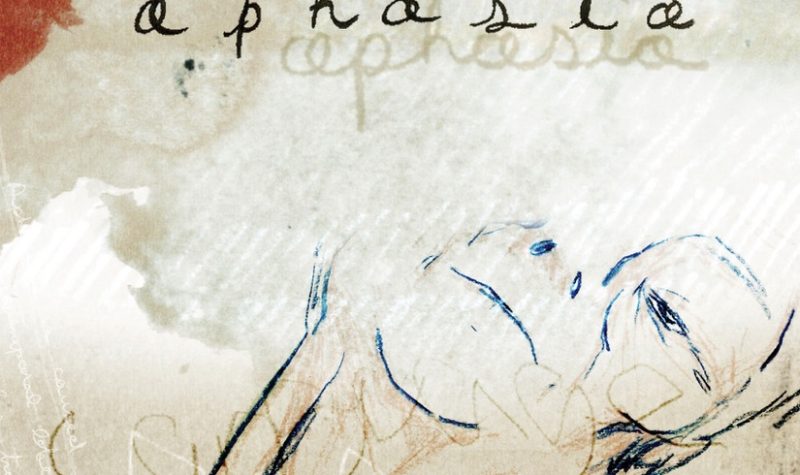Canadian animation director Marielle Dalpé premiers her new short film Aphasia this fall at this year's Toronto International Film Festival (TIFF).
Aphasia is a three and a half minute long animated interpretive film about the neurological impairment that degrades a person's ability of language including speaking and reading. It is typical with Alzheimer and dementia patients.
Dalpé draws her inspiration for the film from her grandmother who had Alzheimer's and developed aphasia. She says the idea for the short film came to her in 2015 while attending Concordia University, as she wanted to create an animation depicting Alzheimer's. In 2019, she got “the flash of the idea” which later developed into the short film. Dalpé has been working on Aphasia for two years.
As the premier edges closer, she says that she has been eagerly awaiting the screening of her first short film. She begun work on the short film in winter of 2021 and says with the completion of the film she has been filling her time with other projects.
“TIFF is such a big festival and it's my first film. I'm walking on a cloud right now,” says Dalpé.
“When you see movies, or you read about Alzheimer's, often it's associated with the loss of memory and forgetting your loved ones. She never forgot who her family was,” says Dalpé. “She wasn't able to communicate that she recognized me. But she never forgot that I was somebody that she loved very much. I never fully recognized my story within the media that I've been seeing.”
Despite the personal nature of the movie, she found that to finish the movie she had to learn to distance her work from her personal life. With the film taking over a year to finish, she says that she had to separate it early on “to keep her mental health, healthy.”
Animation is Dalpé’s chosen form of art that she has the most experience in. Aphasia is done with a paper aesthetic similar to It’s Such a Beautiful Day by Don Hertzfeldt. Much like Herzfeldt's film Dalpé uses compositions to help her tell her story in the way she wants to do it.
“Compositing is a step in filmmaking where you take all the elements that you have, and you put them together and you make them look good together,” says Dalpé. “When I tackled this film, I really wanted to take lots of drawing materials like paint, ink and crayons. With paper, and other textures. All these things create depth by putting all of those things together. The images that you see in my film have this quality of being made on paper but they're actually all digitally put together. There's no images in my film that exist in the real world.”
Her work within animation before Aphasia was also experimental so the transition into her latest short film was seamless. She says her aim with the short film is to put the viewer into the point of view of someone going through aphasia.
“One of the major points when I was making the film was to create an experience for the viewer of feeling like you are in the mind of somebody losing their language…it was more possible in an animation experimental film than doing a documentary. I didn't want to tell you exactly how it was, I wanted to make the public feel how it was,” says Dalpé
TIFF goes from Sept. 7-17. More about Aphasia can be read on the National Film Board website.
Listen to the story below:


